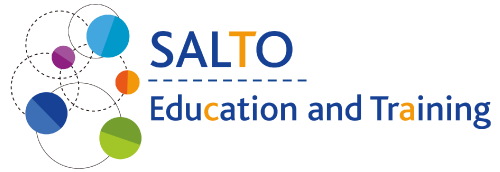Lebanon embarking on the journey of TCAs
As NEO Lebanon implements the Erasmus+ programme in the country while continuously seeking new channels of cooperation, we are thrilled to join the club of TCAs with the intention of creating further and wider impact on the Lebanese people. In this article, you will find a glimpse about NEO LB activities and cooperation pursuits which will hopefully open doors for plausible cooperation in TCAs.
 ETRC
ETRC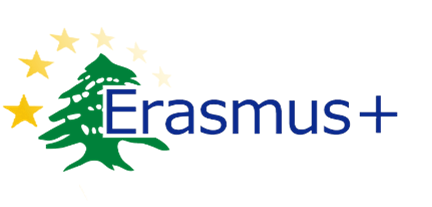
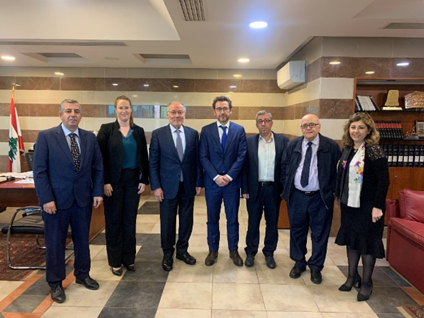 Figure 1. A meeting with Minister of Education and Higher Education in presence of NEO coordinator, Director General of HE, Clivio Casali (EACEA) & Orla Colclough (EU Delegation to Lebanon)The National Erasmus+ Office of Lebanon is contracted by the EU Commission to implement the Erasmus+ programme in Lebanon. The Office, which consists of 3 members of staff, has always been located at the Ministry of Education and Higher Education which helps it work closely with the Minister, the Directorate General of Higher Education and other Ministry services. Besides, the Office has established a strong relation with the EU Delegation to Lebanon and other stakeholders in the fields of HE, TVET and youth. Our role includes promotion and dissemination of the programme, provision of assistance for potential beneficiaries, liaison with local and international stakeholders, and managing the team of Higher Education Reform Experts.
Figure 1. A meeting with Minister of Education and Higher Education in presence of NEO coordinator, Director General of HE, Clivio Casali (EACEA) & Orla Colclough (EU Delegation to Lebanon)The National Erasmus+ Office of Lebanon is contracted by the EU Commission to implement the Erasmus+ programme in Lebanon. The Office, which consists of 3 members of staff, has always been located at the Ministry of Education and Higher Education which helps it work closely with the Minister, the Directorate General of Higher Education and other Ministry services. Besides, the Office has established a strong relation with the EU Delegation to Lebanon and other stakeholders in the fields of HE, TVET and youth. Our role includes promotion and dissemination of the programme, provision of assistance for potential beneficiaries, liaison with local and international stakeholders, and managing the team of Higher Education Reform Experts.
Connection with stakeholders
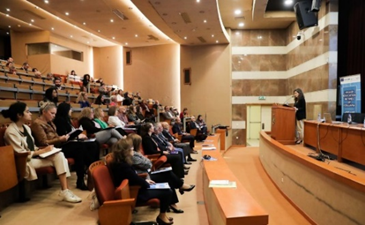 Figure 2. Closing event of the synergy with HOPES-LEB projectNEO LB connection with its stakeholders and beneficiaries happens through different channels: direct emails to contacts such as presidents, IROs, students affairs, continuing education centres, deans, contact lists of previous beneficiaries, and for each stakeholder group i.e. HE, youth, TVET and students. We also maintain communication with the public through our quarterly Newsletter and social media platforms. On another level, we reach beneficiaries through our partners as we work on synergies such as that with HOPES-LEB project and Injaz Lebanon; through interviews on public platforms such as Tarbia Gate and Al Fanar published in both English and Arabic to reach our local stakeholders; and through our HERE team members. Besides, we organise events for the purpose of promotion, training and exploitation of projects results which helps us connect with previous and current beneficiaries in addition to newcomers. We are invited to LHEIs to participate in Erasmus+ project’s activities as well as Study Abroad Fairs which allows us to continuously meet Erasmus+ beneficiaries.
Figure 2. Closing event of the synergy with HOPES-LEB projectNEO LB connection with its stakeholders and beneficiaries happens through different channels: direct emails to contacts such as presidents, IROs, students affairs, continuing education centres, deans, contact lists of previous beneficiaries, and for each stakeholder group i.e. HE, youth, TVET and students. We also maintain communication with the public through our quarterly Newsletter and social media platforms. On another level, we reach beneficiaries through our partners as we work on synergies such as that with HOPES-LEB project and Injaz Lebanon; through interviews on public platforms such as Tarbia Gate and Al Fanar published in both English and Arabic to reach our local stakeholders; and through our HERE team members. Besides, we organise events for the purpose of promotion, training and exploitation of projects results which helps us connect with previous and current beneficiaries in addition to newcomers. We are invited to LHEIs to participate in Erasmus+ project’s activities as well as Study Abroad Fairs which allows us to continuously meet Erasmus+ beneficiaries.
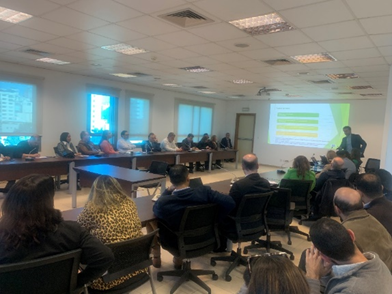 Figure 3. Focused training for potential project designers
Figure 3. Focused training for potential project designers 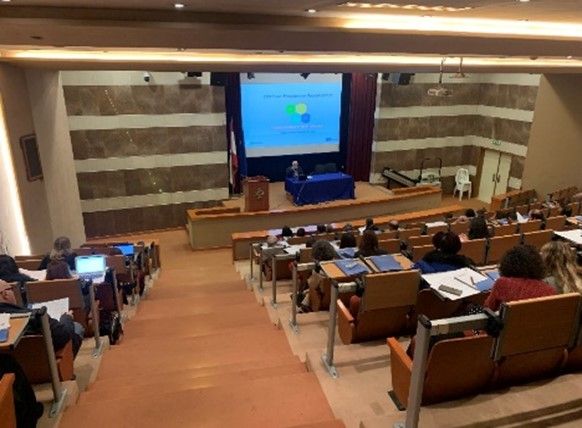 Figure 4. National Information Day at Ministry of Education and Higher Education
Figure 4. National Information Day at Ministry of Education and Higher Education
Priority areas
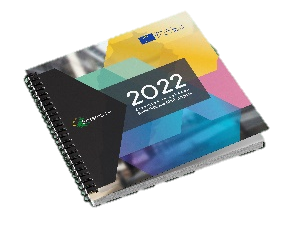 As the calls for Erasmus+ proposals are launched on a yearly basis, we widely disseminate it explaining all the programme priorities through an information campaign that extends over several months. While taking into account the overarching priorities of the programme, we push people to meet some general priorities for Lebanon (which are not far away from the programme priorities) such as employability, governance, green, inclusion, quality assurance…
As the calls for Erasmus+ proposals are launched on a yearly basis, we widely disseminate it explaining all the programme priorities through an information campaign that extends over several months. While taking into account the overarching priorities of the programme, we push people to meet some general priorities for Lebanon (which are not far away from the programme priorities) such as employability, governance, green, inclusion, quality assurance…
Erasmus+ CBHE funded projects so far cover a wide range of issues including: employability, environment, quality assurance, internationalisation, health, artificial intelligence, women empowerment, refugees, governance. More details can be found in our guide of HEIs and CBHE projects. A 5-Year Strategic plan for HE 2023-2027 is now adopted and includes many priority areas that can guide many actions in the Lebanese higher education sector. More priority issues for Lebanon can be found in a special report about ‘HE in times of collapse’ published in collaboration with HOPES-LEB project.
Practicalities of inviting beneficiaries from Lebanon
Sending participants from Lebanon is facilitated by a number of factors: bringing in all the necessary information, showing relevance of the activity, providing the financial support, passport and visa availability. It is crucial to take into account the time required to obtain a visa. In case participants do not have a visa, we better give them not less than 3 months for the preparation of all necessary documents and for application at the embassies or service providers. Sometimes, securing a visa appointment is alone a lengthy process in Lebanon.
While participation of public TVET is challenged by many local bureaucratic complications and language barriers, the process for HE, private VET and youth organisations is easier. Also, verifying the legal status for validating a PIC number and certifying an OID could be another programme level challenge affecting the practicality of sending participants from organisations.
On a brighter note, Lebanese people, in general, speak Arabic, English and French which could facilitate their participation in different TCAs.
Other things you feel useful to share
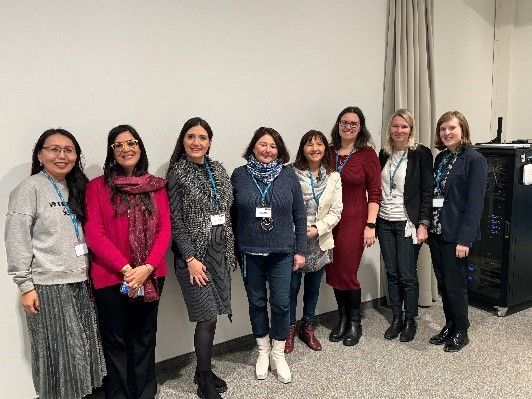 Figure 5. NEO LB participation in Central Europe Info Day in Vienna in presence of NAs of Austria, Czechia, Slovakia and NEOs of Morocco and Kyrgyzstan
Figure 5. NEO LB participation in Central Europe Info Day in Vienna in presence of NAs of Austria, Czechia, Slovakia and NEOs of Morocco and Kyrgyzstan
Our cooperation with national agencies is not new. We recently participated in the information days of Baltics and Central Europe where we disseminated a compendium of project ideas by LHEIs . In addition to continuous communication with regards to the implementation of International Credit Mobility.
You can reach us at:
https://www.facebook.com/erasmuspluslebanon
https://instagram.com/erasmuspluslebanon

